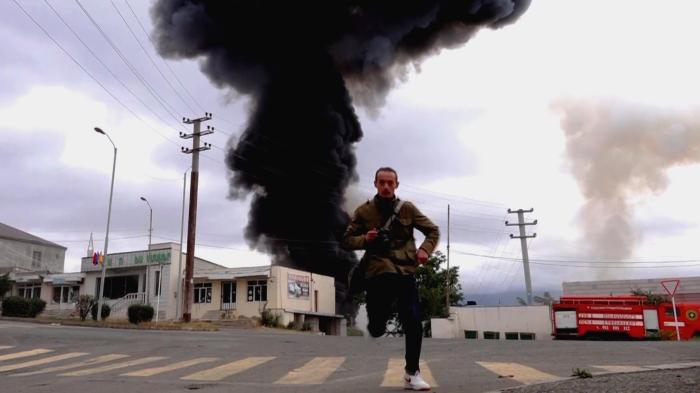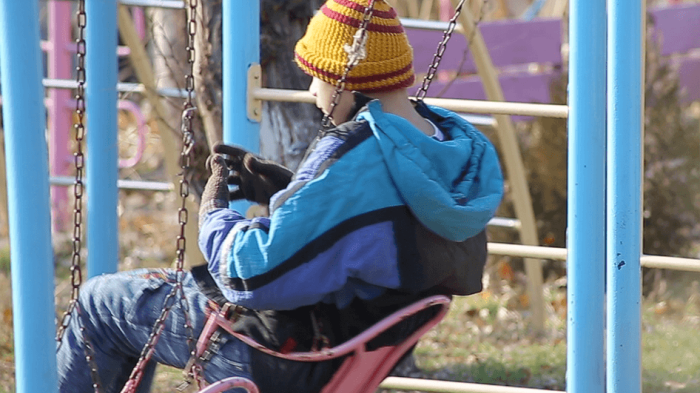
Armenia
There is a fragile security situation for those living along Armenia's border with Azerbaijan after the 2020 truce ending the six-week war between the countries in and around Nagorno-Karabakh, broke down several times with Azerbaijan making incursions into Nagorno Karabakh and Armenia. Amid growing insecurity from the unresolved conflict, the political opposition blames Prime Minister Nikol Pashinyan and demands his resignation.
Authorities pursue ambitious judicial, police, and constitutional reforms, but face civil society criticism over the consistency and progress of the reforms. Human rights problems include ill-treatment by law enforcement, interference with freedom of assembly, domestic violence, discrimination against people with disabilities, and violence and discrimination based on sexual orientation and gender identity.
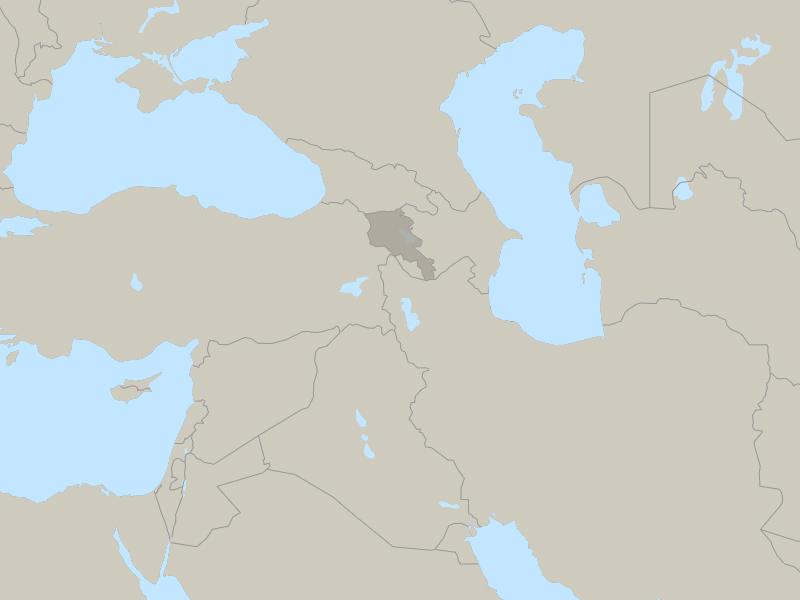
-
Disability Rights

Videos
Videos-

-
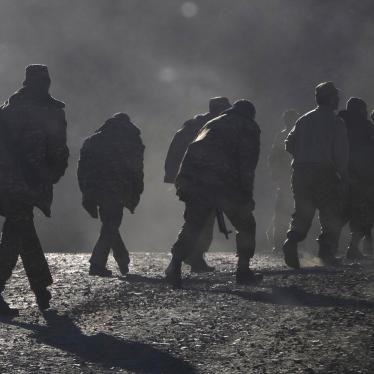
-
December 11, 2020
Armenia: Unlawful Rocket, Missile Strikes on Azerbaijan
Investigate Indiscriminate Attacks, Use of Explosive Weapons in Populated Areas
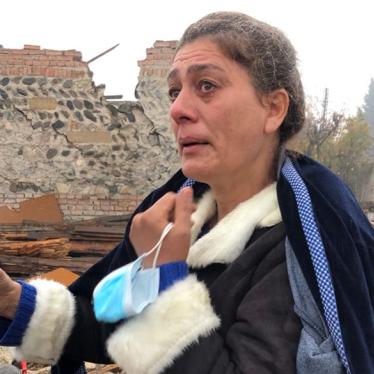
-
December 11, 2020
Azerbaijan: Unlawful Strikes in Nagorno-Karabakh
Investigate Alleged Indiscriminate Attacks, Use of Explosive Weapons
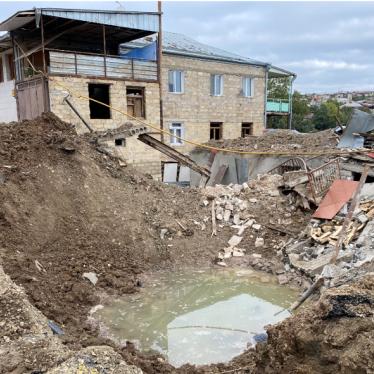
News
-
April 30, 2025
Care and Support for Children with Disabilities within the Family Environment and its Gendered Dimensions
Submission to the United Nations Special Rapporteur on the Rights of Persons with Disabilities
-
October 31, 2024
Armenia: Surveillance Bill Threatens Rights
Authorities Should Protect Privacy, Other Rights

-
April 18, 2024
Armenia Strengthens Domestic Violence Law
New Amendments Address Gaps in Protection, Accountability Measures

-
-
October 5, 2023
Guarantee Right to Return to Nagorno Karabakh
After Traumatic Massive Exodus, Focus Talks with Azerbaijan on Rights
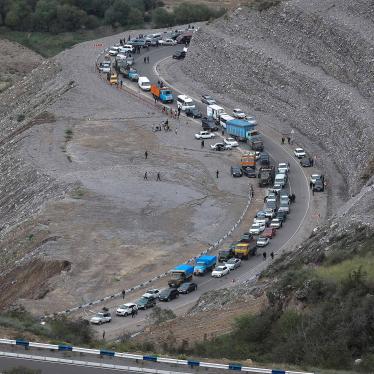
-
September 23, 2023
Azerbaijan: Ensure Civilians’ Rights in Nagorno Karabakh
Humanitarian Crisis Needs Urgent Response
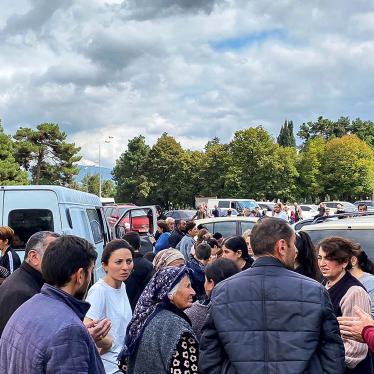
-
February 21, 2023
Hardship in Nagorno-Karabakh as Lifeline Road Remains Blocked
Authorities Should Restore Free Movement of People and Essential Goods
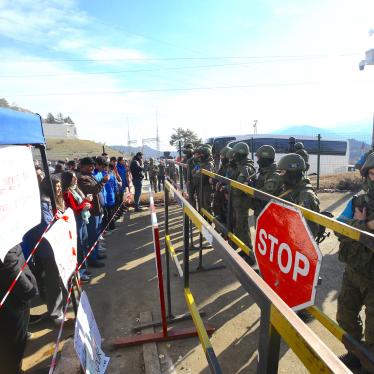
-
December 21, 2022
Azerbaijan: Nagorno-Karabakh Lifeline Road Blocked
Ensure Access to Essential Goods and Services

-
October 14, 2022
Video Shows Azerbaijan Forces Executing Armenian POWs
Hold Those Responsible to Account
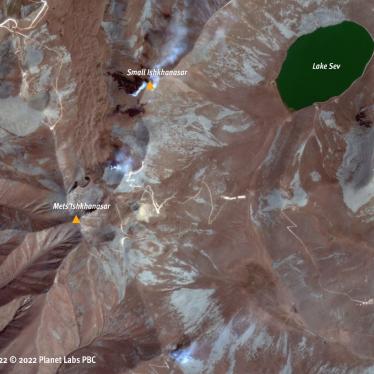
-
September 21, 2022
Armenia: Submission to the UN Committee on the Elimination of Discrimination Against Women
83rd Session

